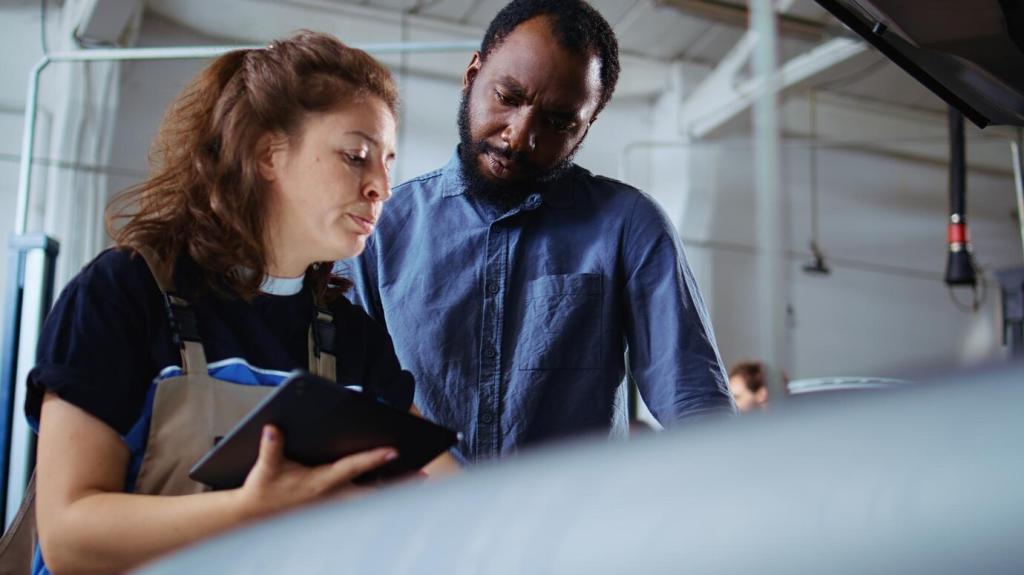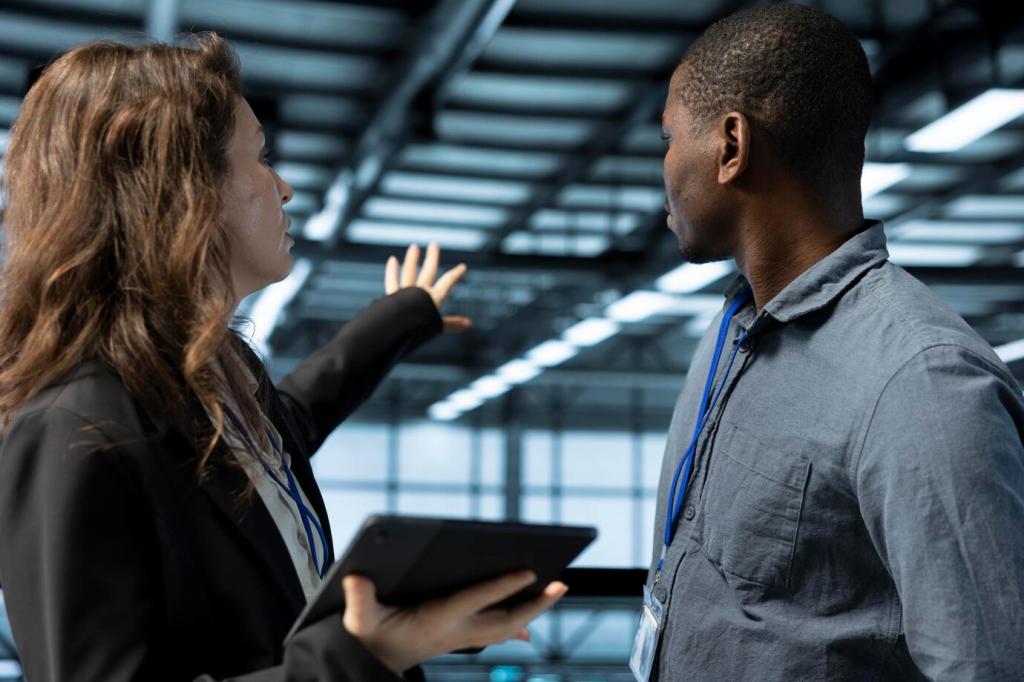Chosen theme: Conflict Resolution Strategies for Travel Guides. Explore practical, field-tested techniques to keep tours safe, joyful, and respectful—even when tensions rise. Learn to de-escalate, mediate cultural misunderstandings, and turn conflict into connection. Subscribe for weekly tactics tailored to real guiding situations.
Why Conflict Resolution Matters on the Road
One frustrated guest can shift the entire group’s mood, hijack your timeline, and trigger vendor tension. Early, calm intervention safeguards the itinerary and everyone’s experience. What cues tell you a situation needs attention before it explodes?

From Tension to Dialogue: Speaking So Guests Feel Heard
Listen without interrupting, Apologize for the impact, Solve with options, Thank them for speaking up. A concise, humane sequence reassures guests you care and are capable. Practice aloud until it flows naturally on the street.


From Tension to Dialogue: Speaking So Guests Feel Heard
Replace judgment with observation: “We’re delayed by eight minutes,” not “You’re late again.” Reframe demands into choices and consequences. People accept boundaries more easily when they hear calm facts, reasonable alternatives, and the why behind decisions.


Bridging Cultures Without Taking Sides
Frame differences as discoveries, not mistakes. “Here, bargaining is playful and expected,” softens anxiety for first-time hagglers. Offer starter phrases and typical discounts. When guests feel prepared, they meet the culture with curiosity, not defensiveness.
Bridging Cultures Without Taking Sides
When rules are firm—temple dress, protected sites, safety lines—state them with respect and alternatives. “Shoulders covered here; scarves available at the entrance.” People handle limits better when they hear solutions instead of lectures or embarrassment.
Managing Clashing Personalities on the Move

Proactive Seating and Role Rotation
Rotate front seats, pace-setters, and buddy pairs to prevent territorial habits. Invite a different “timekeeper” daily to own punctuality. Small structures reduce repetitive conflicts and give everyone a fair shot at prime views.

Splitting the Group without Splitting the Mood
When speeds diverge, split briefly with clear checkpoints and live location sharing. Keep both subgroups feeling prioritized, not abandoned. In Kyoto, a slow garden loop and a faster side street reconverged smoothly at matcha time.

Digital Etiquette that Reduces Drama
Set WhatsApp norms: urgent messages only, photo drops after dinner, quiet hours at night. Clear rules keep nerves calm and attention on the city, not buzzing phones. What digital boundaries would you add to your pre-brief?

Red Lines and a Decision Tree
Name your red lines in the pre-brief: harassment, refusing safety gear, wandering during headcounts. Then follow a decision tree—warning, separation, removal, report. Consistency earns trust when emotions run high and time is tight.

Vendors, Partners, and Documentation
Keep partner contacts handy, document incidents immediately, and photograph conditions when appropriate. Calmly loop in the operator. A paper trail prevents memory drift and protects all parties if complaints or insurance claims arise later.


Breathwork and Cognitive Resets
Practice box breathing while walking and cognitive reframes like “This is solvable.” A 90-second reset between stops can prevent a flare-up from coloring the whole day. What quick ritual helps you reset under pressure?

Debriefs and Peer Support
Five-minute post-tour notes capture facts before memory blurs. Share anonymized scenarios in guide forums to trade scripts and options. Collective wisdom makes your next conflict shorter, kinder, and more satisfying for everyone involved.

Boundaries and Scripted Lines
Prepare respectful, repeatable phrases for common frictions: refunds, lateness, unsafe requests. Scripts protect empathy when you are tired. If you want more ready-to-use lines, subscribe and tell us which scenarios you face most often.
